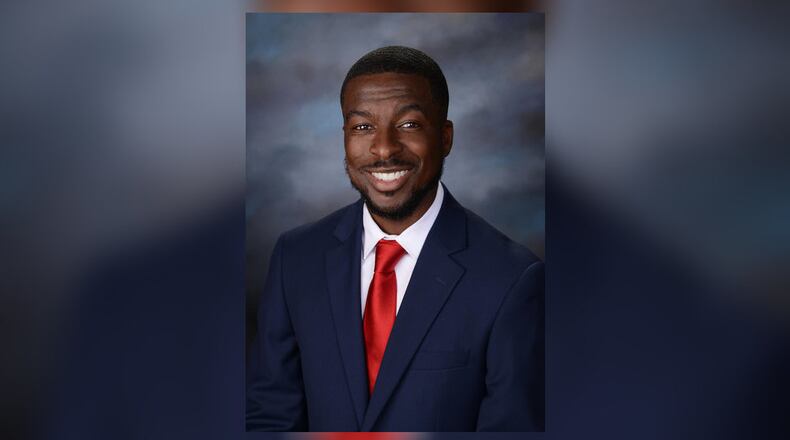State Rep. Willis Blackshear Jr., D-Dayton, signed on this week to co-sponsor the resolution.
First introduced in June, the legislation failed to pass during the last General Assembly. A new version now awaits referral to committee. With Blackshear’s support, at least 33 of the Ohio House’s 35 Democratic representatives have signed on as co-sponsors. No Republican legislators and thus no other Dayton-area representatives have signed on as co-sponsors.
“In the aftermath of all of the demonstrations that occurred worldwide last summer, it is important to continue to acknowledge that racism is a crisis that can and should be addressed for the benefit of Black and brown communities and for the benefit of all Americans,” Blackshear said.
Black Ohioans are currently experiencing lower COVID-19 vaccination rates and continue to face worse health outcomes than white Ohioans, including a life expectancy that is nearly four years lower, Blackshear’s office said.
The proposed resolution calls for the following actions:
- Declare that racism is a public health crisis affecting our entire community.
- Ask the governor to establish a working group to promote racial equity throughout the state.
- Review all current Ohio laws with a racial equity lens.
- Conduct human resources, vendor selection and grant management with a racial equity lens, including reviewing internal policies on hiring, promotions, leadership appointments and funding.
Meanwhile, an initiative to address race and health by Gov. Mike DeWine, who has said racism is a public health crisis, moved forward Tuesday. The governor’s Eliminating Racial Disparities in Infant Mortality Task Force met virtually for the first time.
In Ohio, Black infants die before their first birthday at a rate more than twice that of white babies.
“The fact that we still have in this country a disparity, based on race in regard to infant mortality is just tragic and it’s totally unacceptable,” DeWine said. “We have to do everything that we can to change this … Our commitment to you is to follow your recommendations about what else really needs to be done, so you’ll be recommending things, not just for (the governor’s office) but for the General Assembly, and for the people of the state of Ohio.”
The group of 30 health care professionals and public health leaders and advocates from across the state is tasked with holding listening sessions around Ohio and coming up with actionable recommendations for the governor by August. The goal is to reduce infant mortality rates overall and eliminate racial disparities in birth outcomes by 2030.
During its first meeting, the task force reviewed some possible challenges it may face, including lack of political will from the Ohio legislature and local governments to implement and fund its recommendations.
About the Author

